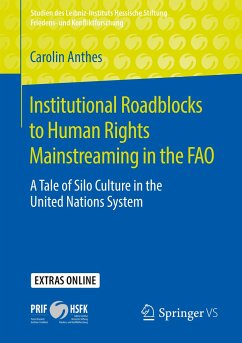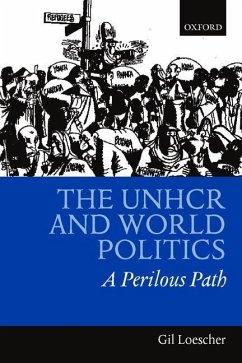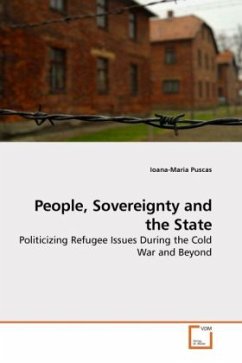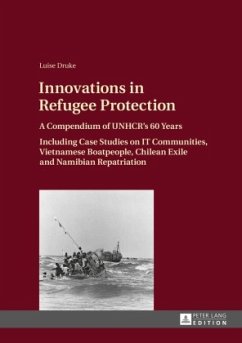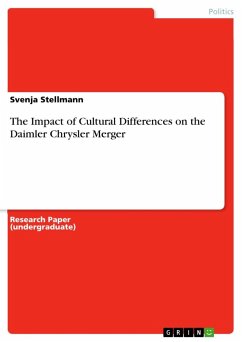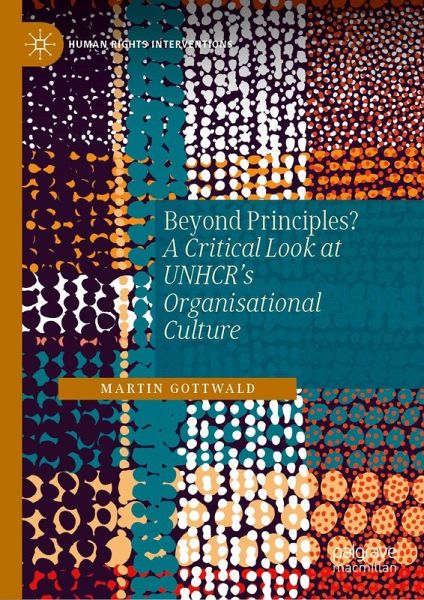
Beyond Principles?
A Critical Look at UNHCR's Organisational Culture
Versandkostenfrei!
Erscheint vorauss. 27. Dezember 2025
98,99 €
inkl. MwSt.

PAYBACK Punkte
49 °P sammeln!
The book examines how well UNHCR's internal culture has remained aligned with its protection mandate's core values and principles amidst a rapidly evolving external environment and how this alignment-or lack thereof-impacts its external performance in refugee emergencies.The book uses a psychodynamic approach to examine the underlying assumptions, values, beliefs and behaviours that drive UNHCR's internal dynamics, contrasting them with the organisation's espoused values and principles. It also analyses the tensions between UNHCR's family culture and the agency's rigid bureaucratic structures....
The book examines how well UNHCR's internal culture has remained aligned with its protection mandate's core values and principles amidst a rapidly evolving external environment and how this alignment-or lack thereof-impacts its external performance in refugee emergencies.The book uses a psychodynamic approach to examine the underlying assumptions, values, beliefs and behaviours that drive UNHCR's internal dynamics, contrasting them with the organisation's espoused values and principles. It also analyses the tensions between UNHCR's family culture and the agency's rigid bureaucratic structures.I combine theoretical analysis, survey data, personal anecdotes, and narrative to describe the psychological factors that shape UNHCR's approach to ethical standards, leadership and management practices, accountability and the processes influencing trust, care, conflict, learning, and adaptation to change.Throughout the analysis, I will leverage key psychological concepts, including the Light Triad and Dark Triad of personality traits, and data from psychometric tools such as the Hogan assessments and the Myers-Briggs Type Indicator (MBTI).The key message of this book is that UNHCR's stated values and principles deeply contradict the beliefs and behaviours governing its operations. To mask this inconsistency, the organisation often engages in impression management and internal messaging designed to project a commitment to its protection mandate, even when reality may diverge from those declared principles.The internal dysfunctions of UNHCR undermine staff engagement and impact UNHCR's external effectiveness, particularly in its ability to respond to emergencies and build durable solutions for displaced populations.



